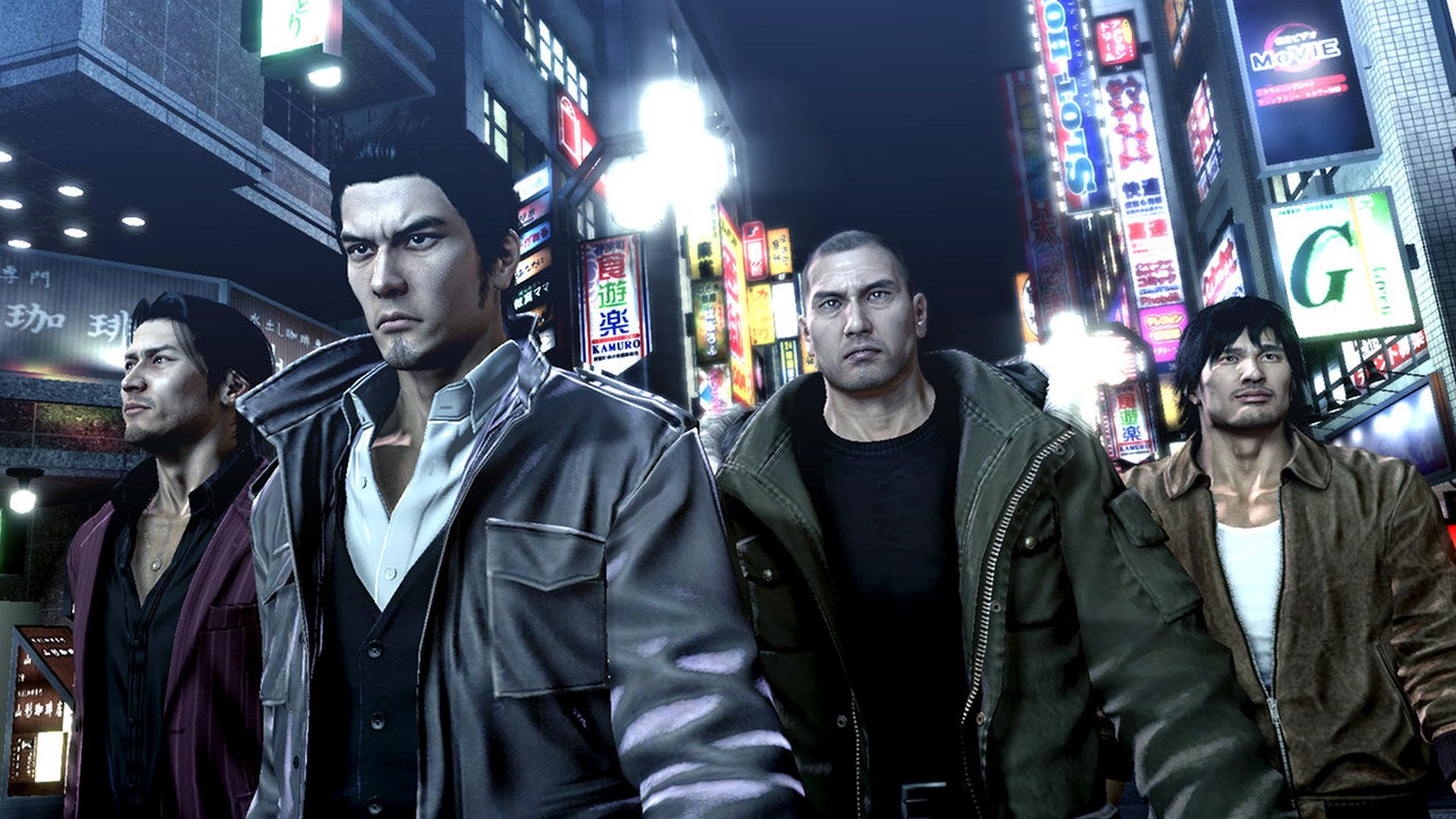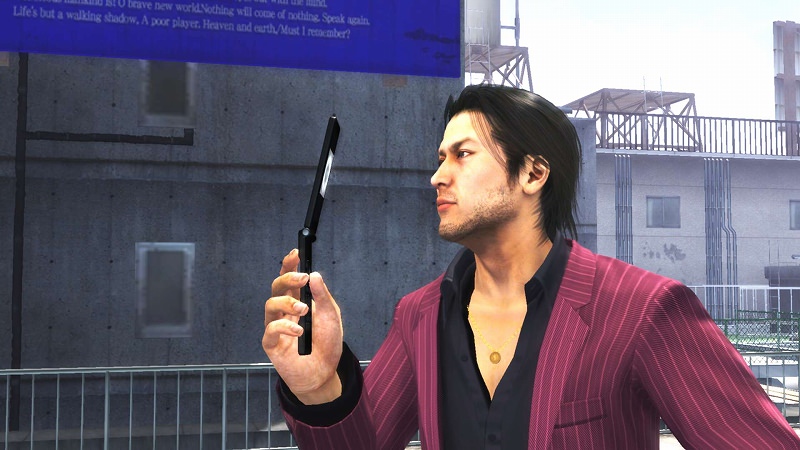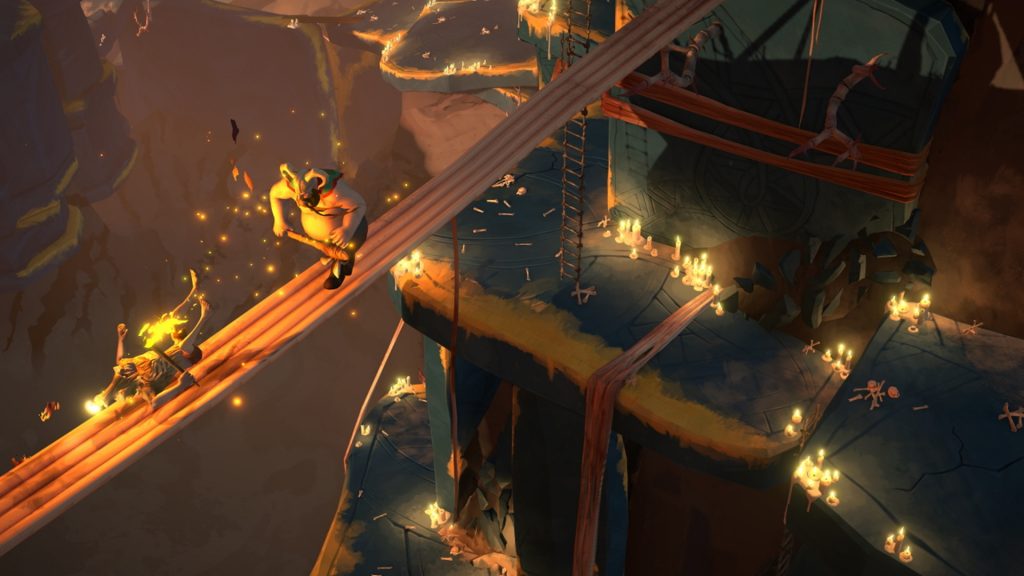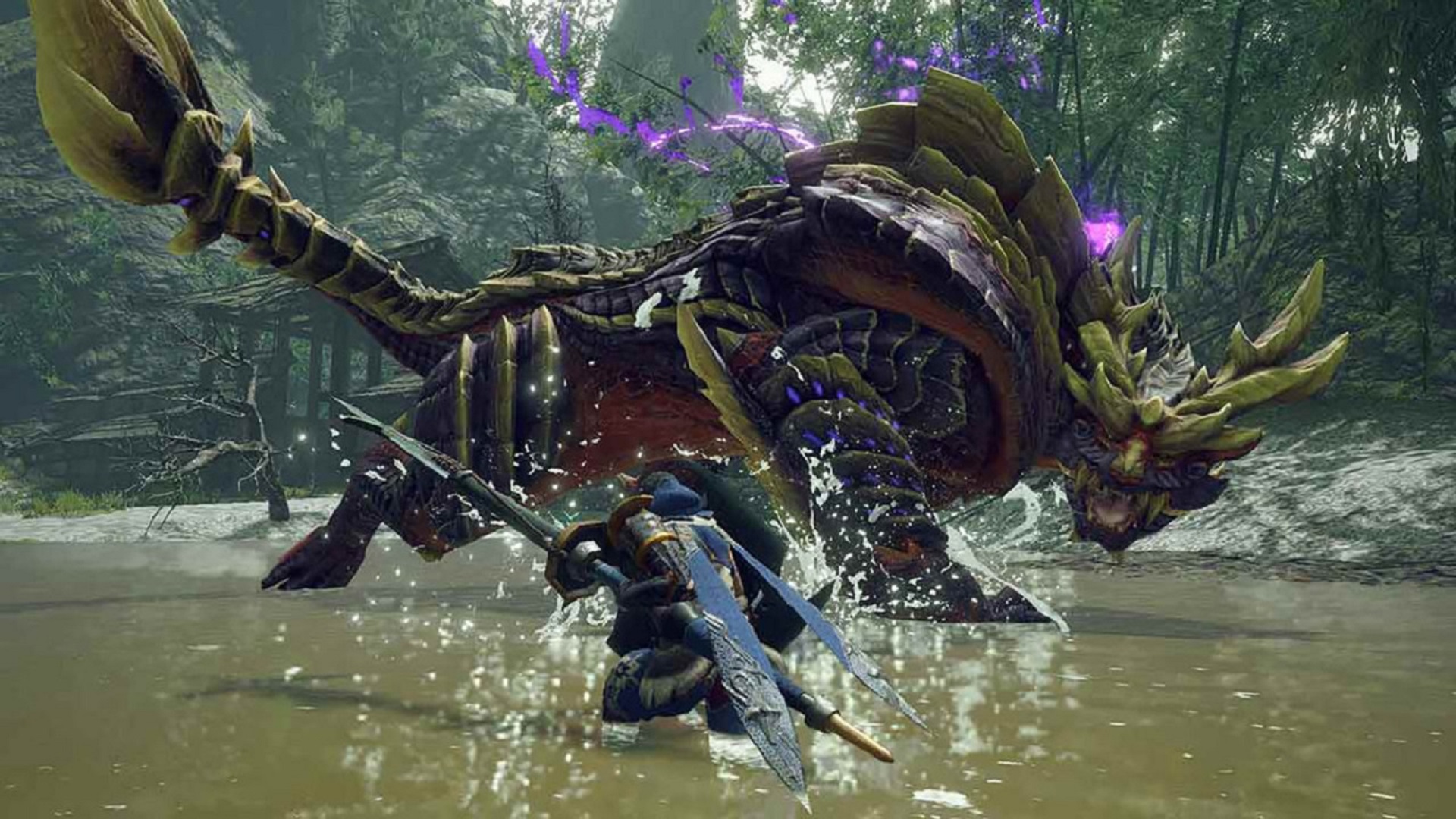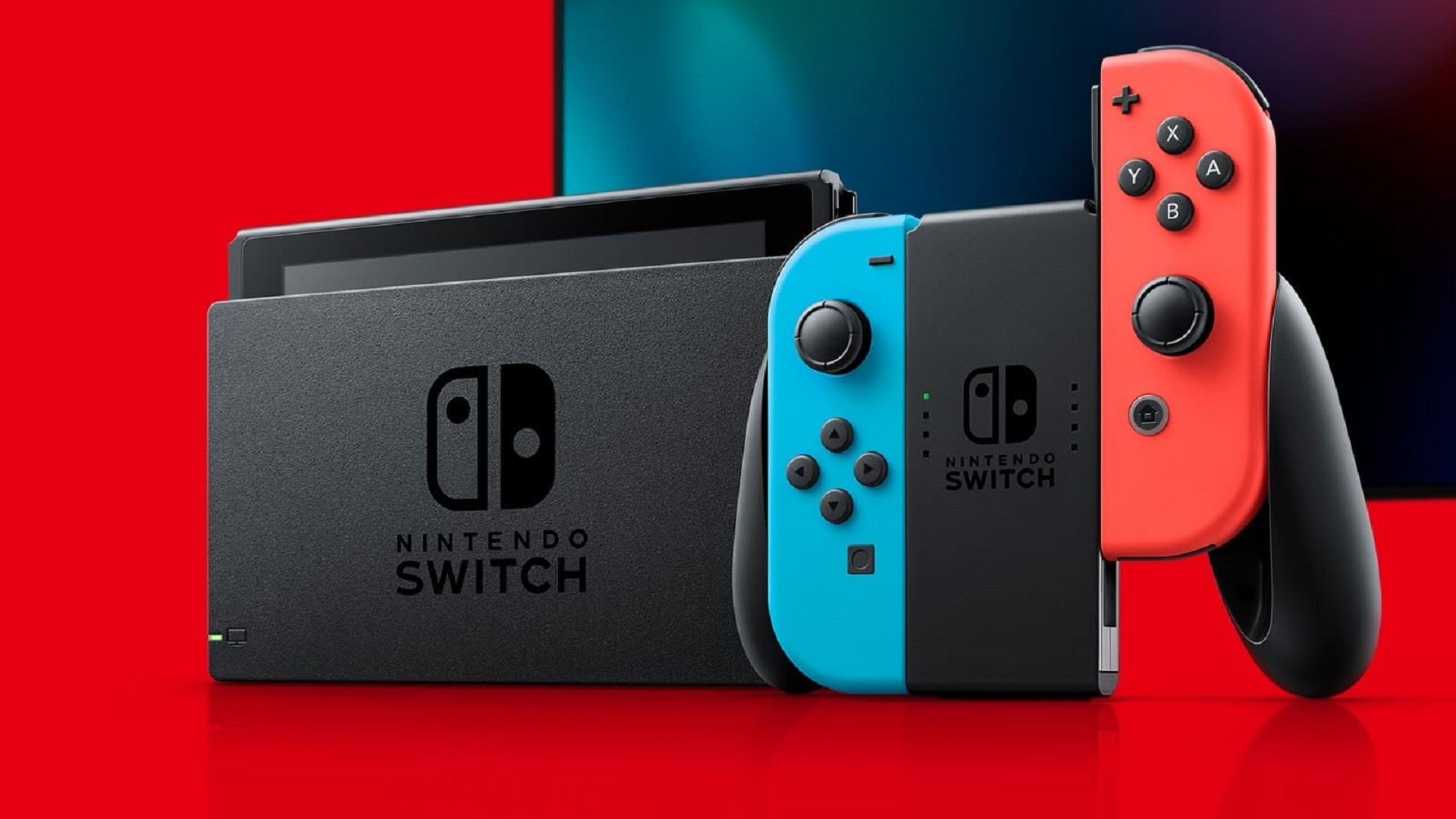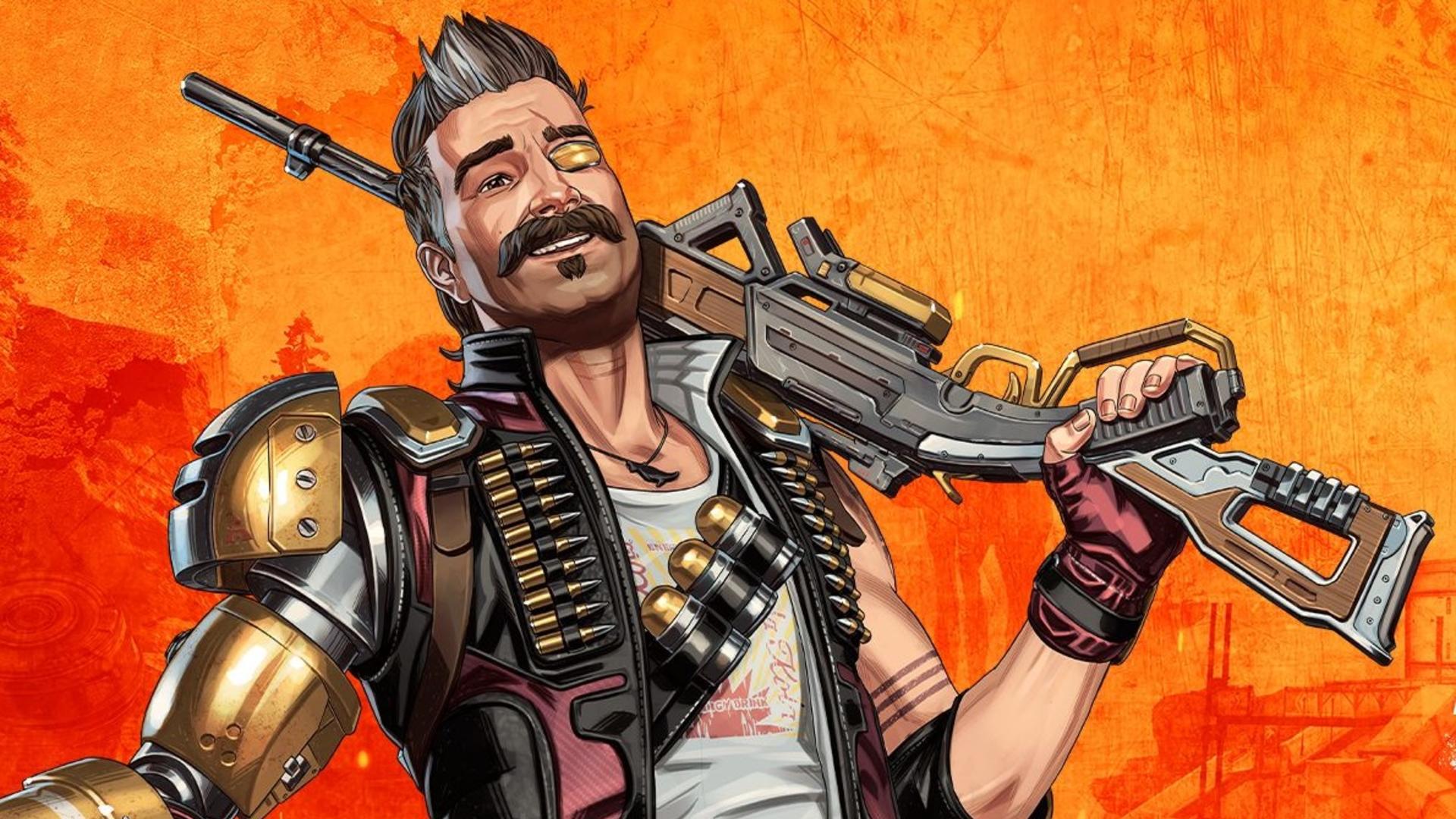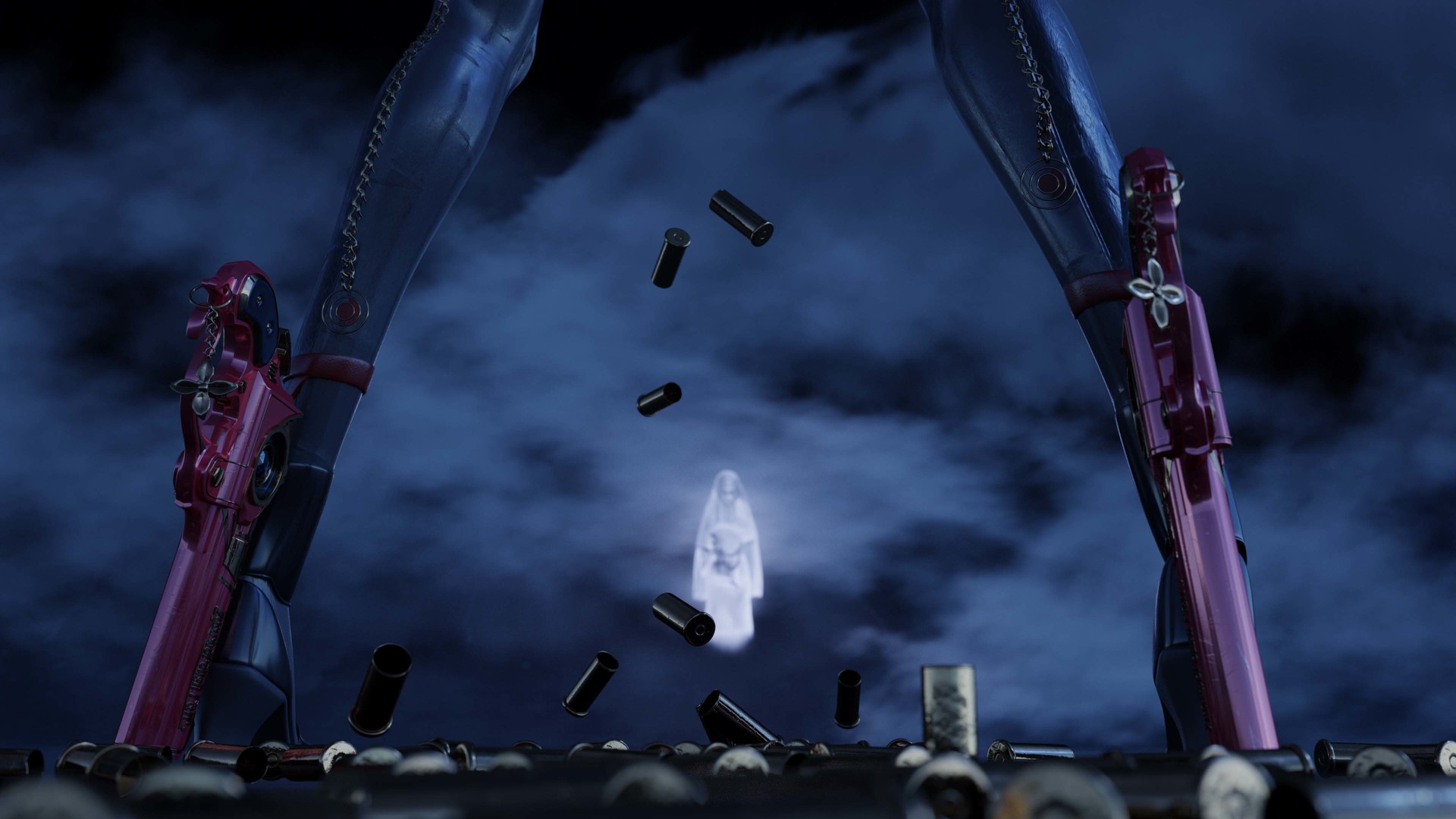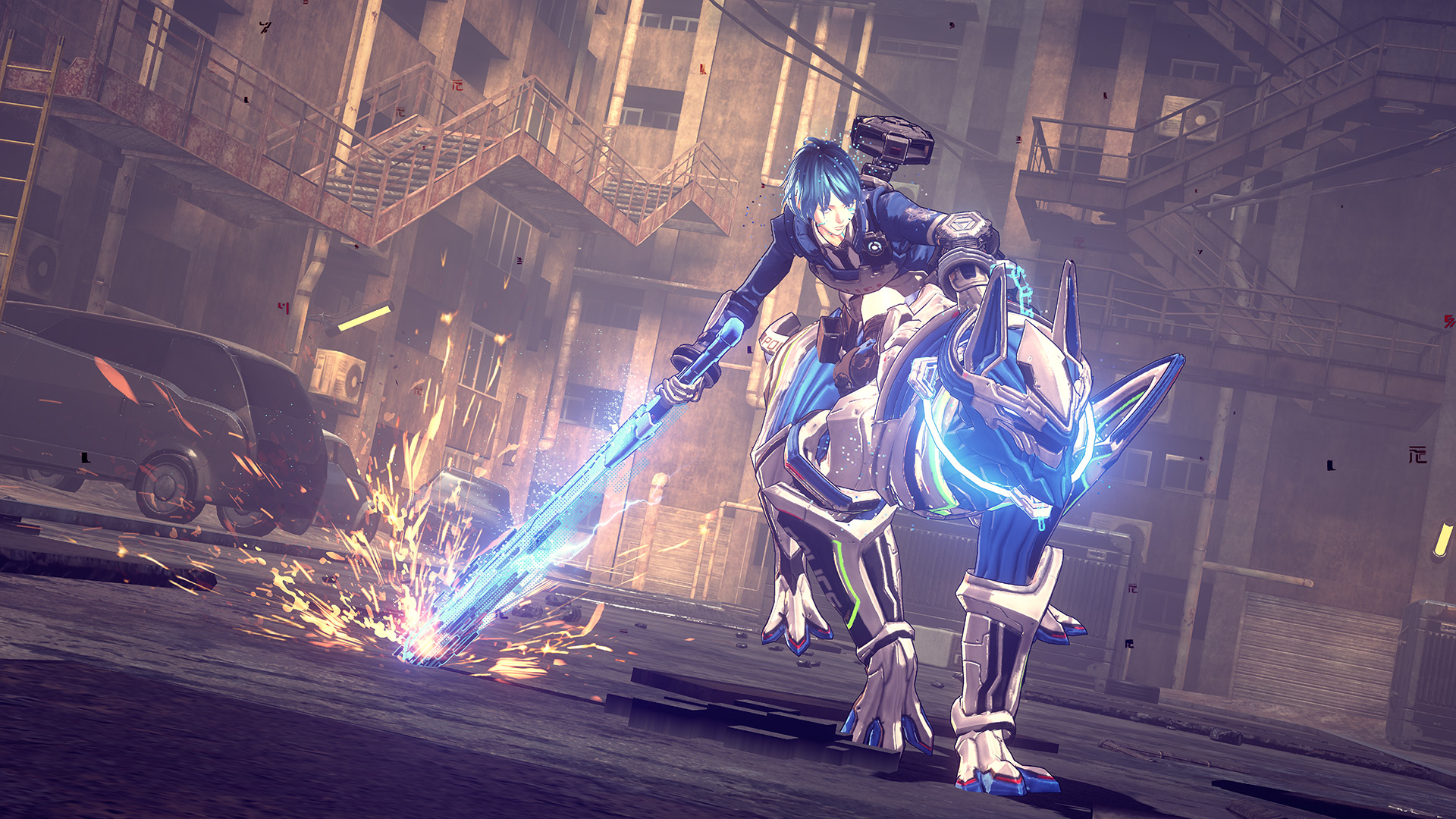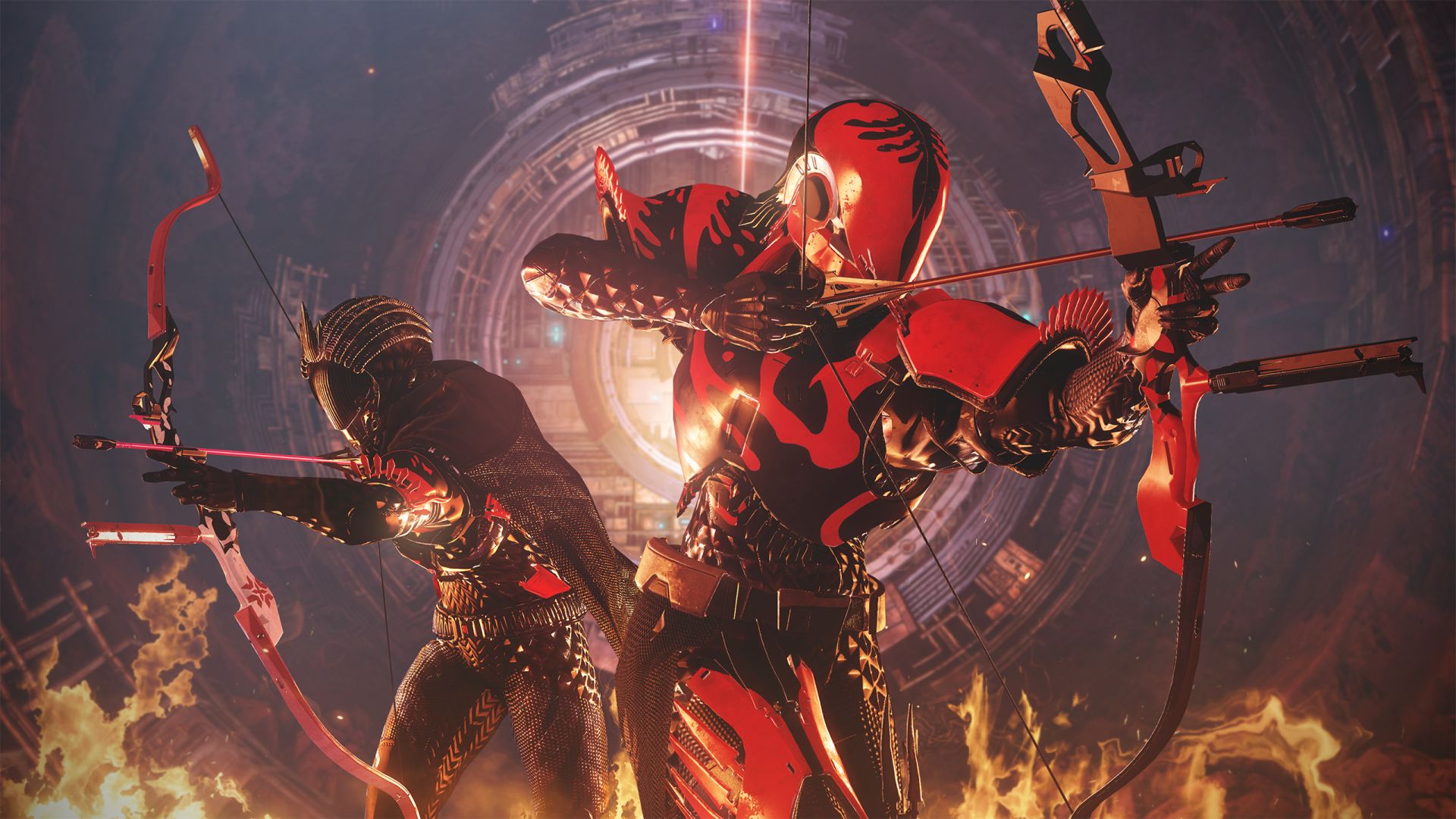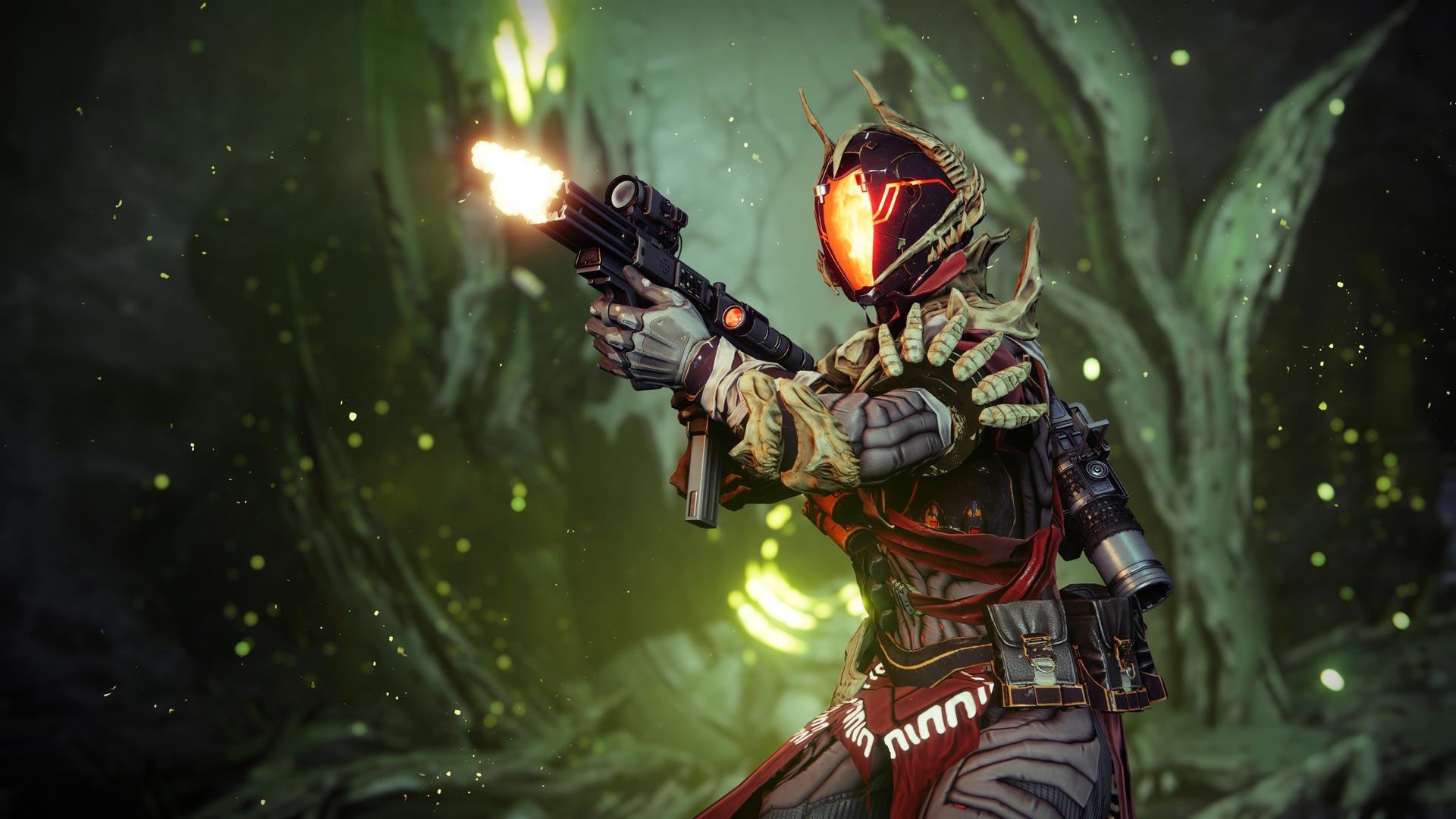Yakuza Remastered Collection Review – The Dragon and the Mad Dog
While Yakuza has now moved on from its action brawler roots, and concluded the story of longtime series protagonist Kiryu, there are many who have yet to play through the bulk of the games that comprised the franchise back before Yakuza 0 finally managed to gain it a modicum of popularity outside of Japan. While Kiryu's original adventures were modernized and remade in the form of full fledged remakes Yakuza Kiwami and Kiwami 2, Yakuza 3, 4, and 5 did not necessarily get that treatment, with Sega and developers RGG Studio reasoning that those games themselves were reasonably modern enough to be enjoyed by new and returning players alike with relatively fewer facelifts and updates.
Thus, Yakuza 3, 4, and 5 were remastered and launched for the PS4 last year; and now, to complete Kiryu's story for the new audience the franchise found on platforms beyond PC, those games have also launched on Xbox and PC, finally allowing players on those systems to experience almost the entirety of the Yakuza saga on their platform of choice.
The Xbox and PC versions are pretty much the same deal as the PS4 remasters that were launched almost twelve months ago. All three games have been given minor facelifts, localization has been redone to remove some problematic or objectionable content, cut content has been restored, but all of that aside, these games are pretty much left untouched. There aren't any new content or narrative changes or introductions like in the Kiwami games, and even in spite of graphical facelifts, these games look like a fair step back from Yakuza 7 or Kiwami 2 – because, obviously, they are.
"Thanks to the series' rather simple but clean art style, as well as the fact that most Yakuza games are decidedly mid-budget affairs, if that, these three games, after their remastering, don't look too far off from something like Yakuza 0."
Thanks to the series' rather simple but clean art style, as well as the fact that most Yakuza games are decidedly mid-budget affairs, if that, these three games, after their remastering, don't look too far off from something like Yakuza 0. Yakuza 3, which is the oldest of the package, is the one that stands out the most, largely because of how relatively empty its environments look, how stiff the animations are, and how straight and angular its architecture can be. Yakuza 4 looks like a significant step up over 3, and by the time we hit Yakuza 5, you could mistake it for Yakuza 0 running at lower graphical settings, at least at a glance. Graphically, these games won't take too long to adjust to if you're coming to them for the first time after having played the modern titles.
However, ultimately, Yakuza fans rarely play these games for their production values. Yakuza's fandom has always come down to the games' fantastic characters, soap opera style over the top crime drama stories, great locations that cater to a unique form of virtual tourism for fans of Japanese culture, their heartwarming sidequests and addictive minigames, and, until Yakuza 7, their unique brawler meets action RPG style gameplay.
All of that's available here, delivering unto fans exactly what they want, with Yakuza 5, especially, representing the zenith of the formula with five distinct playable protagonists, each with their own moveset and playstyle, and five locations within it. Its story, though suffering somewhat from having to justify the contrivances necessary to get Kiryu involved in the Japanese criminal underworld again, is pretty damn fun to follow, and it has arguably the most distinct and impressive production values in the series to date, with a very unique and downplayed cinematography and storytelling style that still manages to hold true to the over the top spirit of the franchise.
"Yakuza 4, naturally, occupies the middle space. It's not quite as modern or fluid feeling as Yakuza 5, but it's a significant improvement over Yakuza 3, and feels closer to the former than the latter in all honesty."
Yakuza 5, which is also running on the same engine as Yakuza 0 and Kiwami, also feels the most satisfying to play, with the combat packing a visceral punch and the animations fluid and brutal.
Yakuza 3 lies on the other end of the spectrum. In terms of narrative setup, while it occupies an important niche in the series' history, actually playing it can be an exercise in frustration. Even back when it first launched, Yakuza 3 felt a bit behind the times, and today, especially, its extremely stiff combat and awkward controls lead to extremely jerky and unsatisfying combat, which, coupled with the distinctly low budget animations for things such as the Heat finisher moves, deflates the whole experience significantly. Yakuza fans will probably still enjoy Yakuza 3, and want to see it through to the end, especially since it's a leaner experience than most other games in the series, and its narrative significance – but honestly, this is the one game in the package that would have been better off getting the Kiwami treatment.
Yakuza 4, naturally, occupies the middle space. It's not quite as modern or fluid feeling as Yakuza 5, but it's a significant improvement over Yakuza 3, and feels closer to the former than the latter in all honesty. Combat, while still not quite matching the standards of 5, still manages to flesh out four distinct characters, all of which play differently, and controls are a mercifully needed upgrade over 3 as well.
Unlike Yakuza 3, the environments here also feel far more organic and densely populated, which goes a long way in selling what is arguably the series' strongest selling point, which is its sense of place and virtual tourism.
"While for completion's sake, dedicated fans will probably want to play through the entire series, if you are not quite sure you have the patience to go through three fairly long and similar games, Yakuza 5 is the one you should focus on."
While for completion's sake, dedicated fans will probably want to play through the entire series, if you are not quite sure you have the patience to go through three fairly long and similar games, Yakuza 5 is the one you should focus on. It has the best story, the best combat, a frankly ridiculous amount of content, and it also feels modern enough to lack a lot of the jank that is otherwise endemic to the older games in the franchise.
The good news is that the three games are also available individually – so if you only want to play, say, Yakuza 4, and not the other two, you're not locked into having to spend money on two other games you're not interested in playing as well. While Sega has made many questionable decisions in its handling of the Yakuza franchise in the west, this at least is a pretty smart decision, which makes any of these three games far easier to recommend than they would have been otherwise.
In the end, if you have never played Yakuza, and want to start out, I would recommend none of these three games as your first one – Yakuza 0 or Like A Dragon are much better entry points (and much better games overall, in general). However, for fans who have been waiting to see all of Kiryu Kazuma's story, Yakuza 3, 4, and 5 Remastered do a fine enough job of making these long overlooked installments accessible and available to a wider, modern audience.
This game was reviewed on Xbox One.
Gods Will Fall Review – A Smorgasbord of Different Influences
Gods Will Fall has a rather unfortunately generic name, but that belies how interesting and intriguing it really is. Gods Will Fall also looks like a smorgasbord of differing influences from various popular games of the last few years. That, also, belies how unusual it is with all its different pieces coming together in concert.
So, what is Gods Will Fall? It can best be described as a hack and slash, with elements of action RPGs and roguelikes thrown in for good measure, contextualized by storytelling taken right out of Dark Souls and Hollow Knight, wrapped up in a jarringly incongruent artstyle that would be better suited in something like Fortnite than this. Except for that last element, everything else comes together surprisingly well. The game gives you control of eight heroes, who are on a mission to take on the gods of their world, who, over the millennia, have become oppressive and cruel, tormenting their followers and raining misfortune on the land.
These eight heroes (who are randomized on each run) end up washed up on the island populated by their gods. Each god populates one dungeon, and one of your eight heroes can enter a dungeon at a time. Gods Will Fall, much like Hades before it, sidesteps one of the most common issues with roguelikes (their reliance on procedural generation) by having each dungeon be handcrafted, and fixed between runs. The layout and aesthetic of a dungeon never changes.
"Gods Will Fall's true stroke of brilliance is in the push for emergent storytelling it represents, which builds upon its permadeath system."
What does change each time is the difficulty of a dungeon. A dungeon that might have been the easiest during your previous run might end up being the hardest this time around. The difficulty influences which enemies you encounter inside as well, meaning that while the layouts are fixed, the actual enemies you encounter in a dungeon will vary from one run to the other. There's no way to know what difficulty a dungeon has without actually going in once – which leads to some extremely interesting situations thanks to the game's death and relationships systems.
The way the game handles death is a blend of permadeath and the kind of corpse running popularized by Dark Souls, and then emulated by games such as Hollow Knight. Once your hero steps into a dungeon, the only way they can get out is if they get to its end and defeat its patron god. If they die, they're stuck in there. But, they are not lost to you. If another hero enters the dungeon and finishes it successfully, they end up saving all the heroes who may have fallen in that dungeon before. So no death is truly permanent – unless all eight of your heroes end up trapped in these gods' realms, in which case it's game over, and this run is done for.
Gods Will Fall's true stroke of brilliance is in the push for emergent storytelling it represents, which builds upon that permadeath system. Your eight heroes have different relationships with each other, different backstories, and different relationships with the gods. You may have a hero who is tormented by a specific god in his dreams each night, who ends up being terrified once you near that god's dungeon. In this case, you will find their stats suffering from a debuff if you attempt to use them against that god. Conversely, they may want to prove themselves against their tormentor, and see a buff to their stats. Even heroes who may share no special relationship with a god could find themselves buffed or debuffed – if, for example, a friend of theirs went in, and didn't emerge out (meaning they died inside), they could get demotivated, and suffer depressed stats. Or they could want to avenge that friend, and find their stats getting a boost.
These systems mesh together really well to create an interlocking framework of emergent narratives, that combine to help each run feel different from the last. Much like Hades before it, Gods Will Fall achieves this by relying on contextualization to achieve the variation, so that it can deliver a roguelike without forsaking hand crafted level design.
"These systems mesh together really well to create an interlocking framework of emergent narratives, that combine to help each run feel different from the last. Much like Hades before it, Gods Will Fall achieves this by relying on contextualization to achieve the variation, so that it can deliver a roguelike without forsaking hand crafted level design."
Gods Will Fall uses other systems married with its narrative design to support its gameplay as well. For example, to discourage turtling and defensive play (which is an issue that often plagues combat focused games), Gods Will Fall ties each dungeon's boss' strength to the number of enemies still left alive in that dungeon. In other words, the more enemies you kill, the easier the final boss fight for that dungeon becomes. To encourage offensive play, the game also has a "Valor" system, where even when you lose health, being offensive in combat nets you valor, that you can then convert to lost segments of health (meaning very literally, offense can often be the best defense in Gods Will Fall). Gods Will Fall also makes its dungeons not caves or grottos physically situated on the island you are on, but separate realms in other dimensions accessed by portals on the island – which means that the game is freed from the obligation of adhering to physical coherence, and each dungeon can have lots of variation in aesthetic and theme.
As much as Gods Will Fall gets right, there are definitely some missteps too. The biggest one here is the art style. The art style feels very bright and plasticky, like something you might see in a mobile game, or Fortnite, or Orcs Must Die. That is incongruous with the tone the game wants to strike, but in and of itself, that doesn't have to be a problem. The trouble is that the game itself calls attention to it by having a gorgeous art style it uses for its storytelling and world building segments, that adequately strike the balance between feeling dark and foreboding, while also looking like something out of folklore. The game starts with that art style, and then abruptly switches to the Fortnite look. Which, it's fine, and it looks good for what it is, I just don't feel it is as much in tandem with the rest of the package as everything else is.
Gods Will Fall also suffers from some bugs (including at least one I encountered as early as the tutorial, where I basically got stuck in a room with the way to move forward not opening, forcing me to restart), though I have hopes that these may be addressed in future updates. The controls can often be finnicky, especially the parry, which relies on you rolling towards the enemy at just the right time, an exercise in frustration, especially when compared with the game's lack of a lock on (which otherwise isn't a problem at all, but does exacerbate the trouble with the parry system).
The issues the game does face, however, don't really detract from what it does achieve. Gods Will Fall has an unfortunately bland name, but underneath that unappealing and generic moniker is a tightly designed game with multiple elements working in tandem and marriage to deliver a one of a kind experience that further helps evolve roguelikes, and remove the traditional frustrations associated with them.
This game was reviewed on Xbox One.
Capcom's resurgence over the last generation has been a sight to behold. We have seen them revitalize long running, once lauded, and then- recently criticized franchises such as Resident Evil and Mega Man over the last few years. But arguably Capcom's biggest accomplishment over this period has been what the publisher managed to do with the Monster Hunter series.
Monster Hunter has been a pretty long time cult hit in the west, but it's never truly managed to break out here beyond a niche hit status. This has, of course, been in stark contrast to the series' explosive popularity over in Japan (where the presence of a Monster Hunter game on a system can singlehandedly make or break said system's fortunes on the market). It is also, ironically, in spite of the fact that the Monster Hunter IP is the one franchise that Capcom never really mismanaged. While Resident Evil hit its nadir with Resident Evil 6, Monster Hunter has been consistently great, building on itself and moving from strength to strength.
So it was extremely heartening to see the franchise finally break out in the west with Monster Hunter World – not just break out as an underground hit, like Monster Hunter 4 Ultimate or Generations on 3DS, which were both the highest sellers in the series in the west before (with a little over a million copies each sold outside of Japan). No, Monster Hunter World managed to go north of 10 million units sold in the west, and in the process, became Capcom's single most successful game of all time. It's actually continued to sell consistently ever since its release three years ago, and at this point, there is little doubt that Monster Hunter has become a tentpole, flagship brand for Capcom, not just in Japan, but globally, as it was always meant to be.
Which is why Monster Hunter Rise is such an interesting game to observe from the perspective of following the series' fortunes. The follow up to Monster Hunter World is hitting not PS4, Xbox One, and PC (the platforms that World came to, and hit it big on), but Nintendo Switch exclusively (although a PC port has been leaked to be in development, and due for release a few months after the Switch version launches). Of course, a portable Monster Hunter game accompanying the major console release has been a series tradition for as long as the series has existed, so a Monster Hunter World follow up coming to the only portable system on the market isn't really that surprising at all. Moreover, the existence of a Monster Hunter game on the Switch will help the franchise maintain its monster (heh) popularity in Japan, where the Switch is the only console that does well, and even Monster Hunter World was capped at sales half of what it could have seen on PSP or 3DS on PS4.
So Monster Hunter Rise's existence makes total sense, and its popularity in Japan at least is guaranteed. However, how will the game end up doing in the west, where Monster Hunter World found the bulk of its success?
The thing that a lot of people often ignore in discussions about Switch software sales is that, unlike a lot of previous systems that did well in Japan (such as the Nintendo 3DS or the PS Vita), its strong sales in Japan are not at the expense of strong sales in the rest of the world. In the rest of the world, in fact, the Switch has exhibited software sales every bit as strong as the PS4 (which has been a monster when it comes to software sales outside of Japan, but not in Japan), making the Switch the rare system that manages to move software as well outside of Japan as inside it. Japanese games, in fact, have often found their Switch versions to be the biggest sellers, even outside of Japan – for instance, Tales of Vesperia sold the most on the Switch in the west, and NIS America reported that Switch sales of games such as Disgaea 5 and Ys 8 were beyond the sales of those games on the PS4, in spite of the fact that the Switch got those games months or sometimes years later than the PS4 did – to the extent that for Disgaea 6, NIS America decided to release the game only on the Switch outside of Japan.
The point of this breakdown of sales is to establish that the Switch is every bit as capable of selling games globally as the PS4 – if not more. It's as lucrative a market for games outside of Japan as it is in Japan, joining the rarefied company of systems such as the PS2 in achieving that feat. All of which is to say, that unlike, say, the 3DS or Wii versions of Monster Hunter games, which sold the disproportionate bulk of their lifetime sales in Japan, with minimal sales coming from the rest of the world, Monster Hunter Rise could – in fact, probably will – very well see massive sales from Japan as well as the rest of the world (which, again, is something that no previous game in the series has managed).
Enthusiasm for Monster Hunter Rise has been fairly evident in other ways too – for example, when Capcom launched the beta for the game on the eShop earlier this month, the servers crashed, and remained crashed for hours, buckling under the demand for a demo – not even the full game, not an expansion, just a demo. Very clearly, there is demand for a Monster Hunter game on the Switch (which was already evident previously thanks to just how strongly Monster Hunter Generations Ultimate, the Switch enhanced port of an older 3DS game, performed in spite of releasing with minimal market, and after Monster Hunter World).
Monster Hunter Rise is also benefitting from Capcom treating it as a full-fledged mainline entry; so far, everything they have shown of the game looks pretty great, and the new verticality and mobility features seem to have gone down well with the series' fanbase, judging by the reactions to the beta. Throw in the fact that this is actually the first Monster Hunter game to be built using the REEngine, meaning it's a hell of a looker on the Switch – arguably the best looking third party game on the system, actually – and its appeal on the platform is only strengthened.
I don't expect Monster Hunter Rise to outperform Monster Hunter World, which at this point is north of 15 million units worldwide, because that's ridiculous. World hit three separate systems, and did well on all of them. Rise will only be launching on the Switch, and on PC if those leaks end up having merit (which they almost certainly do, but it's best to qualify these statements absent an official confirmation). However, I do think it will be a very strong seller, and that Rise on the Switch may in fact end up selling higher than either of the Xbox One or PS4 versions of World taken individually (given the Switch's propensity for insane software sales, the demand for a portable Monster Hunter, and the Nintendo audience's propensity for the franchise, it's not too unrealistic an expectation).
Even if it doesn't, however, it will probably do very well, and end up further solidifying the Monster Hunter franchise's place and footprint in the west. More than anything else, as a fan of this series, that's all I really care about.
Note: The views expressed in this article are those of the author and do not necessarily represent the views of, and should not be attributed to, GamingBolt as an organization.
The Switch Has Sold Over 18 Million Units In Japan
It's no secret that Nintendo has managed to hit quite the goldmine with the Switch. The system has been flying off the shelves and was even the best selling system in both units and dollar sales in the United States for 2020 despite the anticipated launch of new generation consoles. It also isn't doing too shabby in its homeland, either.
It was earlier reported that the Switch made up a whopping 87% of sales for Japan in 2020. To kind of get an idea of how overwhelming that is number-wise, Famitsu reports the system has sold roughly 18 million copies in Japan to date. This number combines both the regular Switch and more handheld-focused Switch Lite. For reference, they have the combined sales of the PS4 and PS4 Pro at only about 9.3 million, which puts the second-ranked system of the generation (sales-wise) at roughly half of the Switch's numbers.
The Switch launched in March of 2017 and has continued selling pretty consistently since then, as you can see. There are rumors floating around of an enhanced Switch coming, often dubbed the "Switch Pro", but as of now nothing official has been announced.
Biomutant Dev Explains Expanded Scope And Bug Fixes Caused Game's Delays
Biomutant is a name that we have been hearing about for quite some time. The game was shown off as early as 2018, but went silent for a very long time. Many assumed that it was canceled until it showed up again around mid-2020. The game is now set to release this May, but what took so long? Well, it seems the game both got bigger, and the team needed more time to get everything running well.
In a lengthy interview with IGN, Experiment 101 Studio Head Stefan Ljungqvist spoke about the game's now infamous delayed nature. The explanation was simple enough: the game just got bigger than what they were originally expecting. The script was said to triple from 80-85,000 words to 250,000, for instance, and with a small team of only 20 people, that scope also meant a lot more bugs to fix, and they wanted to make sure they could deliver the best experience possible.
"It's been a huge amount of work for QA, because it's not easy in an open-world game to find them. And then once they've been found, we have to fix them, and that's put some additional challenge on us, being a small team.
"Any game is going to ship with [smaller] bugs, but I'm talking about bugs that are truly disruptive to the game experience. We don't want to ship with that. I think that's what caused us to just wait until we were ready to do it."
Biomutant is not set to release on May 25th for PlayStation 4, Xbox One and PC.
Apex Legends' Fuse Gets Character Trailer
The battle royale shooter from EA and Respawn Entertainment, Apex Legends, continues on. The game has managed to carve out quite the niche for itself and is on the verge of going into its eighth season next month. Like all seasons, this one comes with a new Legend, Fuse. While we've seen a little of him, today we got a trailer breaking down his aggressive playstyle.
Fuse seems to be slightly different as he is one of the most offensive-based Legends so far. He's a former mercenary and is heavily focused on explosives. For instance, he can stack one extra grenade and uses his arm attachment to throw them far and with more accuracy. He also has access to multiple concussion grenades and 'Wally,' a launcher that is able to create a ring of fire around opponents. Check out the whole trailer below.
Apex Legends is available now for PlayStation 4, Xbox One and PC. Season 8 will launch, alongside Fuse, February 8th. The game is also set to come to the Nintendo Switch, but no date has been officially set, though recent retail leaks point to that version possibly coming on the same date.
Bayonetta 3? 'Just Forget About It For Now' – Hideki Kamiya
It has now almost been 4 years since Bayonetta 3 was announced for the Nintendo Switch with nothing of any real note coming afterward. While the developer PlatinumGames has reassured us that development is going well for three separate years now, one can't help but wonder just what happened with the game. Well, the always vocal Hideki Kamiya has some advice: just forget about it.
In an interview with VGC, Kamiya, who directed the first title, was asked about the game once again, and he pretty much laughed it off, and said that for now everyone should just forget about Bayonetta 3, and that way when we do finally do get something, it'll be a pleasant surprise.
"It's not really our position to say, but… it's January. We've got to have something come out, right? I guess it's safe to expect that something will come out. There's still a lot of the year left is what I'm saying.
"I understand it's driving the fans crazy! In light of that, my suggestion would be that maybe we should all reset and forget about Bayonetta 3. Then when something finally does happen, it will be a nice surprise, won't it?"
PlatinumGame did say they hoped to share an update for the game, as well as others the studio is working on, at the beginning of the year. Whether or not you want to read too much into Kamiya's words is up to you, but it's not the worst advice since it seems pretty clear we aren't going to hear about the game until probably near release, whenever that will be.
The first Bayonetta released way back in 2009 for the PS3 and Xbox 360, and eventually would see re-releases on PS4, Xbox One, Switch, PC and Wii U. While moderately successful, it took Nintendo stepping in to revive Bayonetta 2 as an exclusive to Wii U, where it remained until being re-released with the first game in 2018 on the Switch. Bayonetta 3 was then announced as a Switch-exclusive at The Game Awards 2017, but has not been seen since.
Astral Chain is "Nintendo's IP" – PlatinumGames
PlatinumGames' Astral Chain was a pretty well put together game, fusing the company's trademark combat with new ideas and a fun world to explore. It's sold better than expected but there hasn't been much news on its future, especially when studio head Atsushi Inaba stated that its multi-platform release was up to Nintendo.
So when fans noticed a copyright change for the game, removing PlatinumGames' name, there was some concern. Speaking to VideoGamesChronicle, Inaba responded that the change is "as it looks."
"It's as it is written on the website: Astral Chain is their IP and as such there are limitations on how much we feel we should talk about." Upon asking for more clarification, a spokesperson said that the developer was "not in a position to answer this question." For its part, Nintendo hasn't said anything about the franchise since its release, aside from having its characters appear in Super Smash Bros. Ultimate as Spirits for a brief period.
As it stands, PlatinumGames has plenty going on. It has Bayonetta 3 in development along with unannounced projects which should receive new details this year. Thus far, it's unveiled titles like Project G.G. and a new in-house engine for its future projects while teasing another "Platinum 4″ announcement." Then there's Babylon's Fall, which is still in development for PS4 and PC. Hopefully, more details on Astral Chain's future will emerge down the line so stay tuned.
Destiny 2 – Crimson Days Event Discontinued
Destiny 2's Crimson Days event, which celebrates Valentine's Day with Crimson Doubles in the Crucible, won't be returning this year. In its latest weekly update, Bungie said it felt the event was "missing the mark in terms of quality over the last few years" and has made the decision to discontinue the same. "Quite a bit" is planned for Season 13, currently known as "Season of the [REDACTED]."
What about Crimson Doubles though? It's now in the Destiny Content Vault and could potentially return some time in the future. Crimson Doubles is essentially akin to regular Doubles but provides buffs to teammates who stick close together. Separating from your partner allows the enemy team to find you faster. If a teammate falls, then the survivor receives a substantial buff until they're resurrected.
Though Bungie has yet to reveal Season 13's core activity and stoy – with the first trailer debuting on February 2nd – it does have quite a lot lined up. Seasonal Challenges will be replacing weekly bounties and expire at the end of each season as opposed to every week. Mouse and keyboard players will see more weapon recoil with certain archetypes, bringing it closer in line with controllers for when crossplay hits. Umbral Engrams are also making a return while rewards on The Dreaming City and Moon will be updated to current Power levels.
Destiny 2 – Weapon Recoil Changes on PC, Sword Nerfs and More Incoming
Along with outlining how Seasonal Challenges would replace weekly bounties in Season 13 of Destiny 2, Bungie also revealed that weapon recoil is facing some changes on PC. Currently, the recoil on mouse and keyboard for certain weapon archetypes is reduced by 40 percent compared to controllers. The difference will be 20 percent in the next season and affects auto rifles, scout rifles, pulse rifles, hand cannons, submachine guns and machine guns.
These changes are being done to prepare for cross-platform play later this year but it's not all bad news. Some archetypes are receiving camera movement reduction on mouse and keyboard to compensate for the recoil changes. Submachine guns will have camera movement reduced by 24 percent while pulse rifles have had their camera movement reduced by 7 percent. Machine guns will have 9.5 reduced camera movement.
It also wouldn't be a sandbox update without some buffs and nerfs. Rocket launchers will see 30 percent increased damage (though Exotic rocket launchers are being tuned individually). Fusion rifle damage fall-off start distance will be increased while its camera movement will be reduced by 9.5 percent. Unfortunately, sniper rifles are seeing increased ADS flinch when damaged by other players while swords will see 15 percent reduced damage.
It's well worth checking out all of the upcoming changes especially for weapons like Tarrabah, Ace of Spades, Hawkmoon, Duality and so on. The first trailer for Season 13, currently dubbed "Season of the [REDACTED]", goes live on February 2nd.
